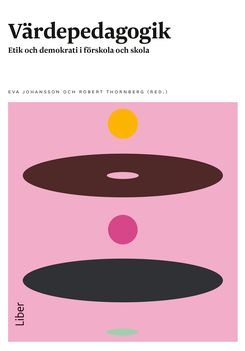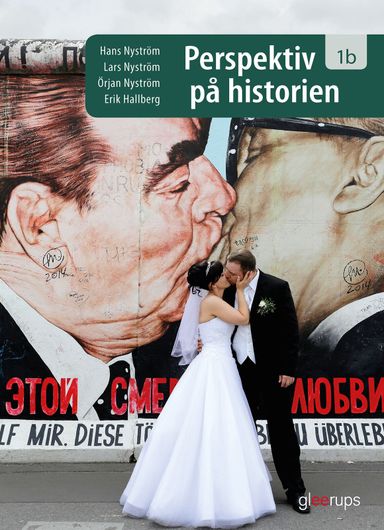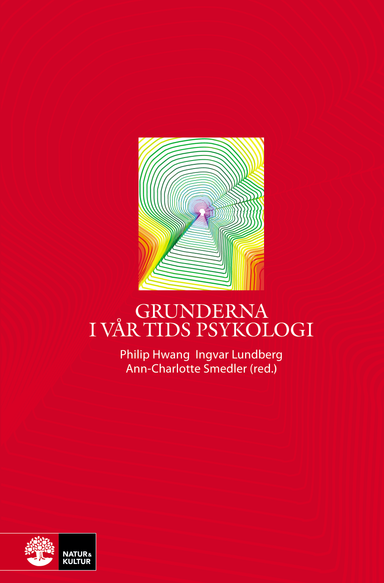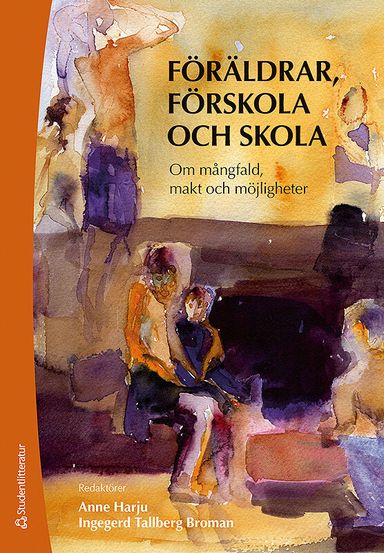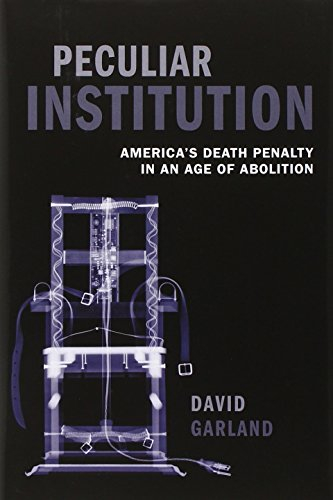

Peculiar Institution
- Utgiven: 2010
- ISBN: 9780199594993
- Sidor: 428 st
- Förlag: OUP Oxford
- Format: Inbunden
- Språk: Engelska
Om boken
For many Europeans, the persistence of America's death penalty is a stark reminder of American otherness. The practice of state killing is an archaic relic, a hollow symbol that accomplishes nothing but reflects a puritanical, punitive culture - bloodthirsty in its pursuit of retribution. In debating capital punishment, the usual rhetoric points to America's deviance from the western norm: civilized abolition and barbaric retention; 'us' and 'them'. This remarkable new study by a leading social thinker sweeps aside the familiar story and offers a compelling interpretation of the culture of American punishment. It shows that the same forces that led to the death penalty's abolition in Europe once made America a pioneer of reform. That democracy and civilization are not the enemies of capital punishment, though liberalism and humanitarianism are. Making sense of today's differences requires a better understanding of American society and its punishments than the standard rhetoric allows. Taking us deep inside the world of capital punishment, the book offers a detailed picture of a peculiar institution - its cultural meaning and symbolic force for supporters and abolitionists, its place in the landscape of American politics and attitudes to crime, its constitutional status and the legal struggles that define it. Understanding the death penalty requires that we understand how American society is put together - the legacy of racial violence, the structures of social power, and the commitment to radical, local majority rule. Shattering current stereotypes, the book forces us to rethink our understanding of the politics of death and of punishment in America and beyond.
Åtkomstkoder och digitalt tilläggsmaterial garanteras inte med begagnade böcker
Mer om Peculiar Institution (2010)
I september 2010 släpptes boken Peculiar Institution skriven av David Garland. Den är skriven på engelska och består av 428 sidor. Förlaget bakom boken är OUP Oxford.
Köp boken Peculiar Institution på Studentapan och spara pengar.
Referera till Peculiar Institution
Harvard
Garland, D. (2010). Peculiar Institution. OUP Oxford.
Oxford
Garland, David, Peculiar Institution (OUP Oxford, 2010).
APA
Garland, D. (2010). Peculiar Institution. OUP Oxford.
Vancouver
Garland D. Peculiar Institution. OUP Oxford; 2010.


